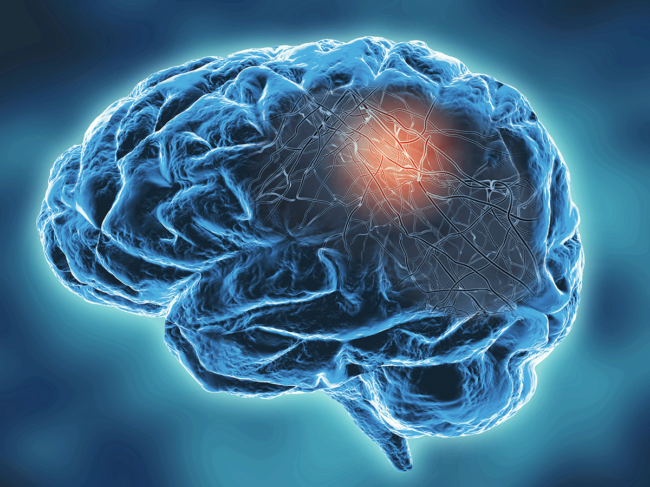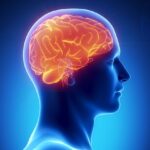A team of researchers at the University of York showed that a drug treatment often used for cirrhosis of the liver might be beneficial for the treatment of frontotemporal dementia (FTD).
The study, published in Neurobiology of Disease, utilized brain cells from rodents and fruit flies to model the neurodegeneration process associated with frontotemporal dementia.
In their new findings, the commonly used drug treatment Ursodeoxycholic Acid could increase new proteins identified by researchers that protect neurons from extinction.
“The mechanism of action for this drug is currently unknown and the work we will now do to increase our understanding of how it works may help us lengthen and improve the lives of patients with FTD and potentially other neurodegenerative conditions too,” Sean Sweeney, co-author of the study, commented in a news release.
The drug treatment, commonly used for cirrhosis of the liver, was shown to be beneficial for the treatment of frontotemporal dementia and motorneuron disease, according to the findings.
“Currently, there’s no way to slow down or cure frontotemporal dementia, one of the most common forms of dementia in people under 65, so we’re excited to see an existing drug stopping brain cells from dying. While this is in the early stages, it’s a valuable first step on the road to finding a way to improve the lives of people with FTD and help them live longer,” Fiona Carragher of Alzheimer’s Society stated in a news release.


